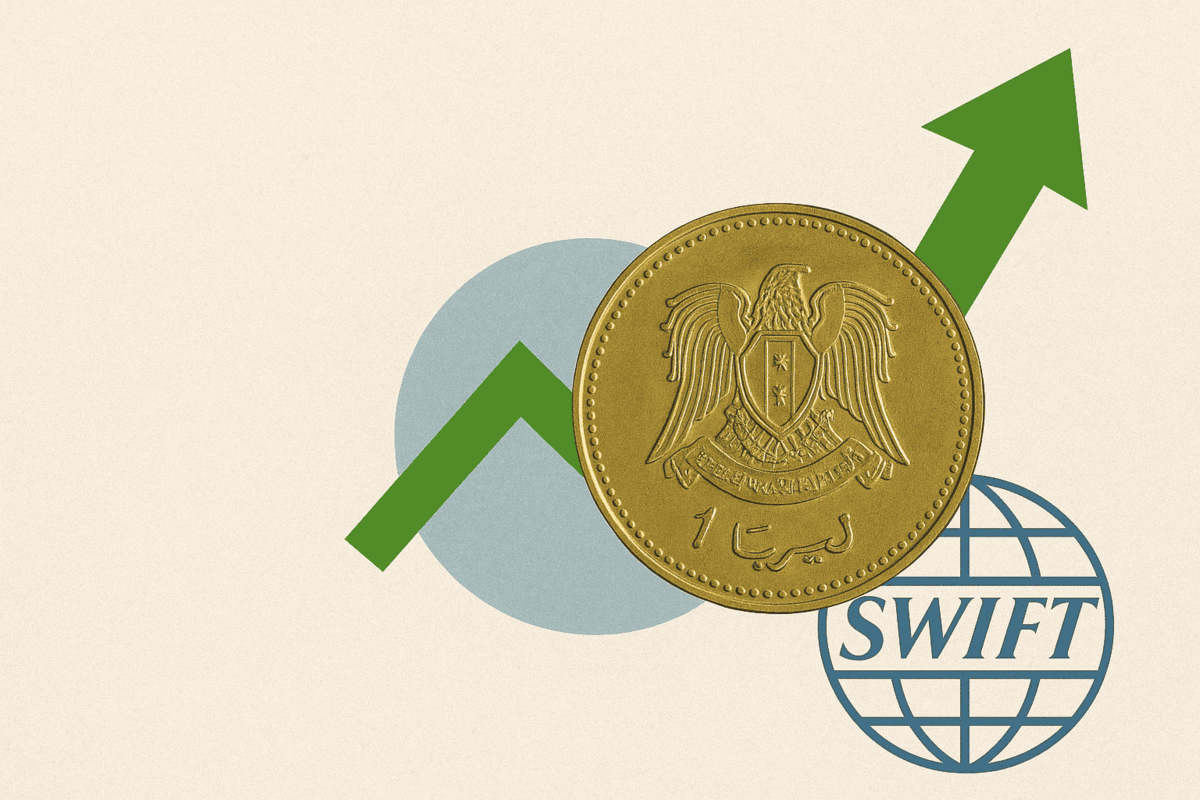سعود الرحبي – مستشار في الأسواق المالية يُعدّ الذهب والنفط من أبرز الأصول الحساسة للتوترات الجيوسياسية، خاصة تلك التي تشهدها منطقة الشرق الأوسط، كالتصعيد بين إيران وإسرائيل. ومع تفاقم هذه التوترات، تميل أسعار كلا الأصلين إلى الارتفاع، وإن كان ذلك لأسباب مختلفة ومتكاملة.
الذهب: ملاذ آمن وقت الأزمات
يُعرف الذهب تاريخيًا بأنه ملاذ آمن في أوقات عدم اليقين والمخاطر الجيوسياسية. ومع تصاعد التوترات، يتجه المستثمرون نحوه للأسباب التالية:
- حماية رأس المال: يُستخدم الذهب كأداة لتحصين الأموال من تقلبات الأصول الأكثر مخاطرة، والتي غالبًا ما تتراجع قيمتها خلال الأزمات.
- التحوط من التضخم: يلجأ المستثمرون إلى الذهب لمواجهة التضخم، خاصةً عندما يرتفع نتيجة لزيادة أسعار النفط وتكاليف الإنتاج.
- البحث عن الاستقرار: يوفر الذهب إحساسًا بالثبات وسط اضطراب الأسواق، ويحافظ على قيمته في ظل اهتزاز العملات الورقية.
كلما زادت حدة التوترات، ارتفع الإقبال على الذهب، مما يرفع أسعاره. ويُعد مستوى 3450 دولارًا حاجزًا فنيًا مهمًا، وفي حال تجاوزه، قد تتجه الأسعار نحو 3500 ثم 3650 دولارًا للأونصة.
النفط: مخاوف الإمدادات وتكاليف المخاطر
أما ارتفاع أسعار النفط فيُعزى إلى عوامل أساسية مرتبطة بالإمدادات والمخاطر الجيوسياسية، ومنها:
- القلق من اضطراب الإمدادات: تُعدّ إيران من كبار منتجي النفط، ويمر جزء كبير من الإمدادات العالمية عبر مضيق هرمز، الذي يمثل شريانًا حيويًا. أي تهديد له قد يؤدي إلى نقص المعروض وارتفاع الأسعار.
- زيادة كلفة المخاطر: مع تنامي المخاطر الجيوسياسية، ترتفع تكلفة تأمين الشحنات النفطية، ما ينعكس بدوره على الأسعار.
وقد يدفع أي تصعيد حاد بين إيران وإسرائيل بأسعار النفط إلى القفز بشكل فوري. ويُعتبر مستوى 76 دولارًا للبرميل (خام غرب تكساس) مستوى مقاومة رئيسيًا، وفي حال اختراقه، قد تتجه الأسعار نحو 82 ثم 87 دولارًا.
العلاقة بين الذهب والنفط
ارتفاع أسعار النفط يؤدي إلى زيادة تكاليف الإنتاج وارتفاع معدلات التضخم، ما يدفع المستثمرين للجوء إلى الذهب كوسيلة تحوط ضد تآكل القوة الشرائية للعملات. ومن هنا تتضح العلاقة الطردية بين ارتفاع أسعار النفط وأسعار الذهب.
خلاصة
في ظل تصاعد التوترات بين إيران وإسرائيل، تتجه أسعار الذهب صعودًا بفعل بحث المستثمرين عن الأمان، بينما ترتفع أسعار النفط بسبب مخاوف الإمدادات وتكلفة المخاطر. هذا التفاعل يعكس الترابط العميق بين الاقتصاد والسياسة في أسواق الأصول العالمية.












